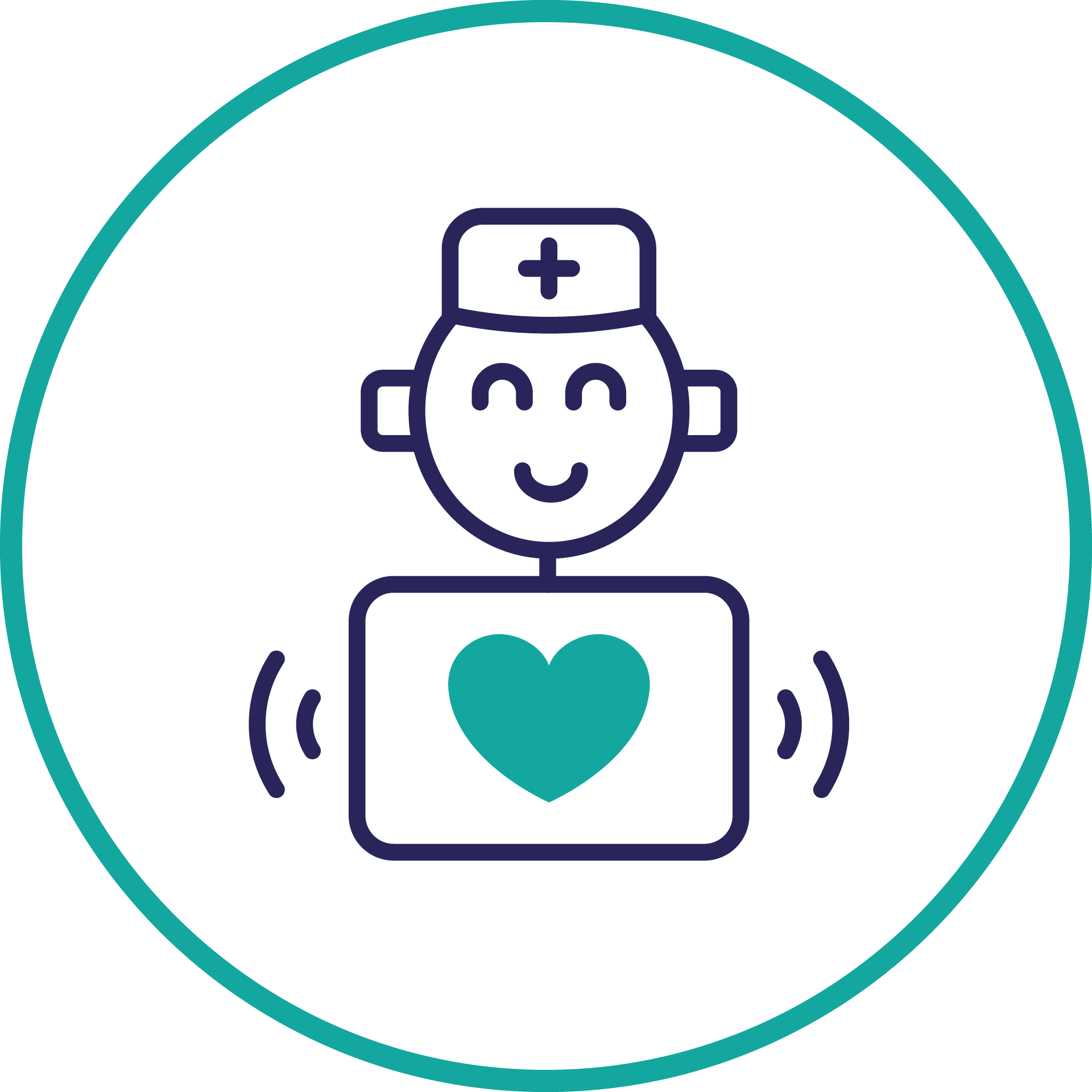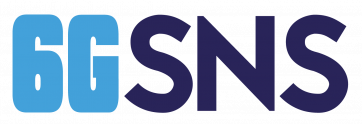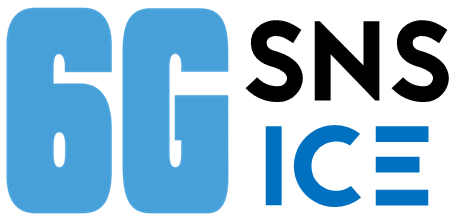SUSTAIN-6G
Remote Rehabilitation Assessment
This UC will develop an application framework that allows patients to perform the rehabilitation exercise in front of a camera at their home and will use an AR headset to represent the exercise context. The motion of the patient's limbs will transmitted to a remote service where a neural network will evaluate the correctness of the execution. If a non-conformity is detected, the neural network will signal the problem and provide hints to improve the execution. If a serious deviation is found, the neural network will alert an on-duty physician that could initiate a visual call to inspect and correct the exercise. If the deviation is a novel one, it could be considered for growing the medical database and for further retraining of the neural network, therefore improving the service. Remote rehabilitation assisted by artificial intelligence (AI) is crucial because it could minimize the need for patients to physically visit therapy centres, i.e., hospitals, which can be particularly challenging for those who live in rural under-served areas or have limited mobility. This approach allows patients to engage in their rehabilitation from the comfort of their homes, also making therapy more accessible and less mentally and physically demanding. AI-assisted systems can help in assessing exercises, increasing patients’ awareness about their condition and enhancing their engagement, which could lead to better therapy outcomes. AI is intended to support doctors in monitoring progresses more effectively and adjust treatments in real-time, ultimately improving patient care, to the benefit of the society.
 Smart Health
Smart Health
SUSTAIN-6G


